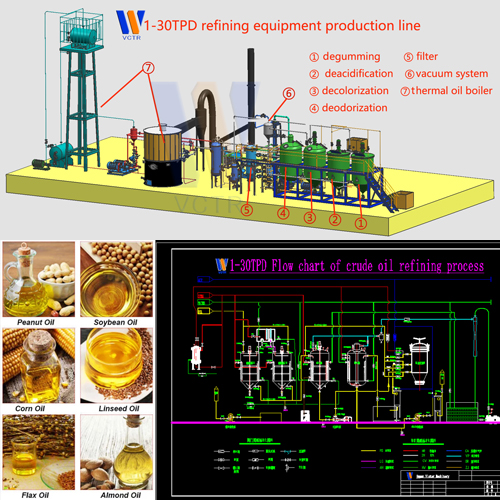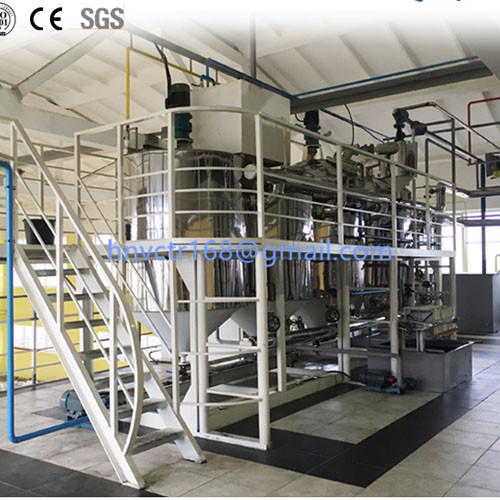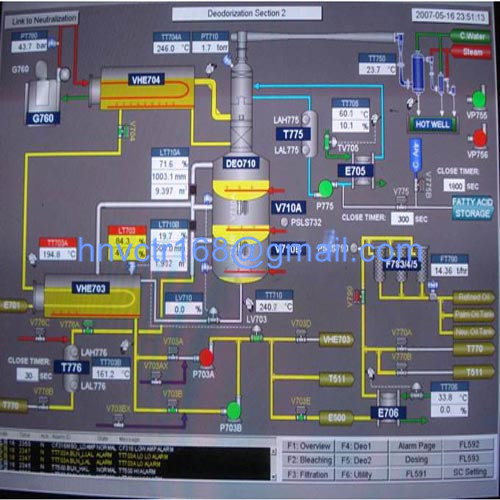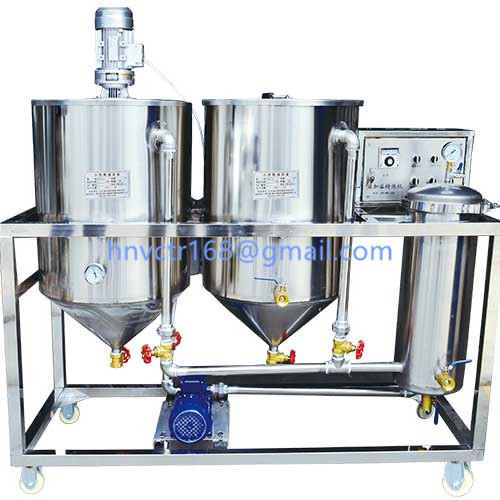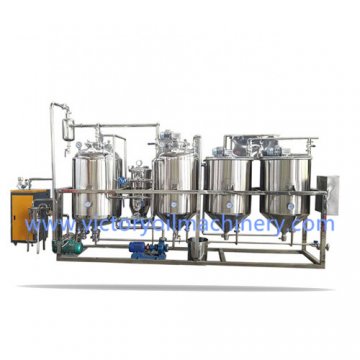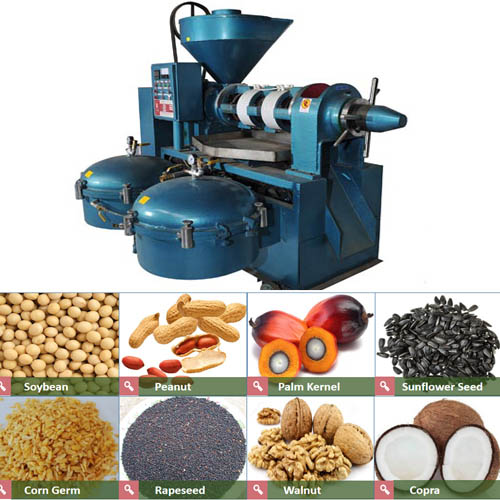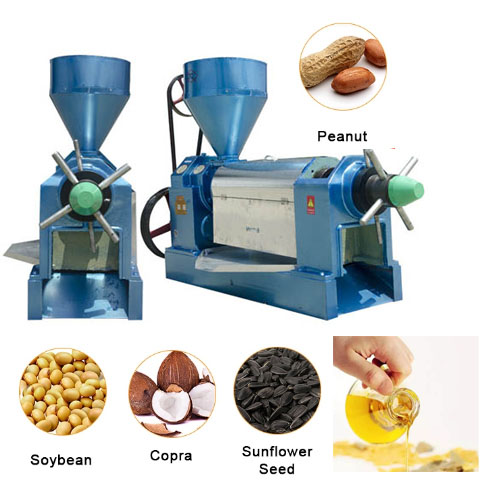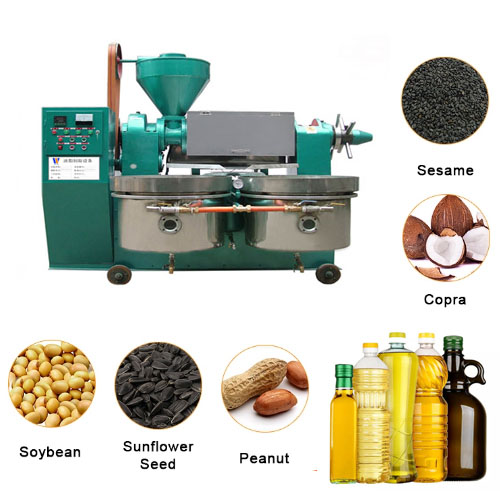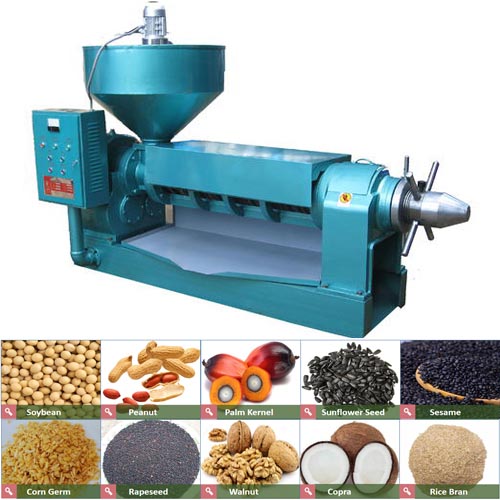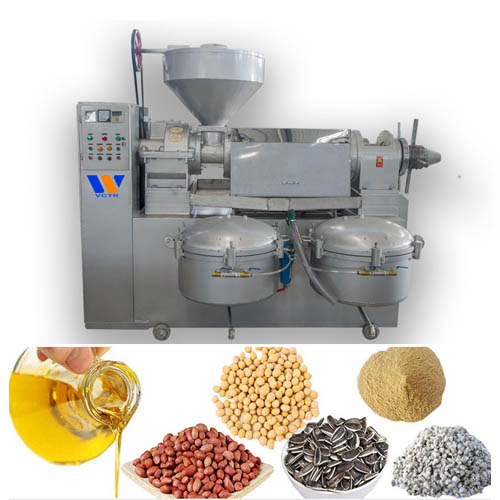Oil refining-The purpose and method of oil refining
1. Purpose of oil refining
Oil refining usually refers to the refining of crude oil. The presence of impurities in crude oil not only affects the edible value and safe storage of the oil, but also brings difficulties to deep processing. However, the purpose of refining is not to remove all the impurities in the oil, but to make it more important for food, storage, and industrial use. Production and other harmful and unhelpful impurities are removed, such as gossypol, protein, phospholipids, mucus, moisture, etc., while beneficial "impurities" such as tocopherol should be retained. Therefore, according to different requirements and uses, the purpose of oil refining is to remove unwanted and harmful impurities from the oil and obtain refined oil that meets certain quality standards.
2. Method of oil refining
According to operating characteristics and selected raw materials, the methods of oil refining can be roughly divided into three methods: mechanical, chemical and physical chemical methods.
The above refining methods often cannot be completely separated. Sometimes one method is used and another refining effect is produced at the same time.For example, alkali refining (neutralization of free fatty acids) is a typical chemical method. However, the soapstock produced by the neutralization reaction can absorb part of the pigment, mucus and protein, etc., and separate them from the oil together. It can be seen that there are physical and chemical processes associated with alkali refining.
Oil refining is a relatively complex and flexible work. It is necessary to select a suitable refining method according to the purpose of oil refining, taking into account technical conditions and economic benefits.
Oil refining usually refers to the refining of crude oil. The presence of impurities in crude oil not only affects the edible value and safe storage of the oil, but also brings difficulties to deep processing. However, the purpose of refining is not to remove all the impurities in the oil, but to make it more important for food, storage, and industrial use. Production and other harmful and unhelpful impurities are removed, such as gossypol, protein, phospholipids, mucus, moisture, etc., while beneficial "impurities" such as tocopherol should be retained. Therefore, according to different requirements and uses, the purpose of oil refining is to remove unwanted and harmful impurities from the oil and obtain refined oil that meets certain quality standards.
2. Method of oil refining
According to operating characteristics and selected raw materials, the methods of oil refining can be roughly divided into three methods: mechanical, chemical and physical chemical methods.
The above refining methods often cannot be completely separated. Sometimes one method is used and another refining effect is produced at the same time.For example, alkali refining (neutralization of free fatty acids) is a typical chemical method. However, the soapstock produced by the neutralization reaction can absorb part of the pigment, mucus and protein, etc., and separate them from the oil together. It can be seen that there are physical and chemical processes associated with alkali refining.
Oil refining is a relatively complex and flexible work. It is necessary to select a suitable refining method according to the purpose of oil refining, taking into account technical conditions and economic benefits.

